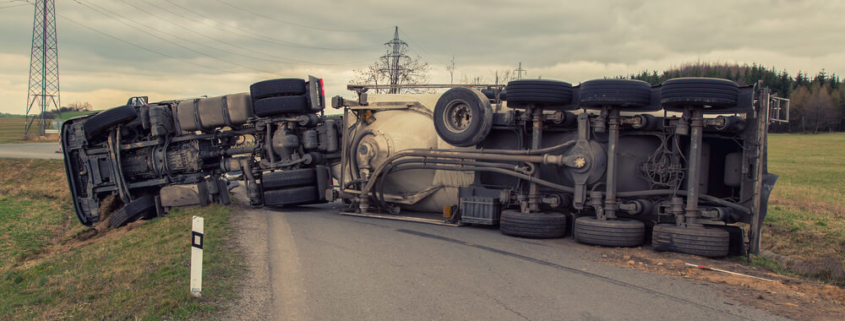The Importance of a Spoliation Letter in Truck Accident Cases
Truck accidents are generally far more destructive than crashes solely involving smaller passenger vehicles. They are more likely to result in fatal or catastrophic injuries, and they are capable of causing hundreds of thousands of dollars in property damage. However, that doesn’t mean that it will be easy for you to prove that you’re owed compensation. You can still expect the insurance company and the trucking company to do whatever they can to keep you from receiving compensation.
The good news is that truck accidents have a substantial amount of evidence. To use that evidence, you must preserve it—even if it’s in the other party’s possession. That’s where a spoliation letter comes in. Learn more about the role of a spoliation letter in your claim, and when you’re ready to move forward with your case, call The Dodd Law Firm at 203-272-1883.
The Role of Evidence in Your Truck Accident Claim
Evidence is crucial in any personal injury case, but it’s especially crucial in a truck accident claim. As a victim, you’ve likely sustained serious injuries and are now struggling with pain, a loss of income, and a totaled vehicle. When you’re looking for sizable compensation, the other party will put up a serious fight to keep you from getting it. Evidence can go a long way in proving how the accident happened, whose error caused the crash, and how your injuries have impacted your life. Without a strong body of evidence, it’s unlikely you’ll get anything close to what you actually deserve.
What’s Included in a Spoliation Letter?
A spoliation letter is an integral part of your claim. It’s a legal document that reminds the other party of their legal duty to preserve evidence related to the crash. Elements of a spoliation letter include:
- List of evidence in the other party’s possession
- Notification that you are seeking legal action against the other party
- Information on the other party’s obligation to preserve the evidence
- The consequences of failing to comply with the orders given in the letter
Sending a spoliation letter is basically putting the other side on notice. You’re letting them know that you are building your case and you know what evidence is out there. They then know that if it happens to go missing or show up destroyed, you will hold them accountable for it. Without a spoliation letter, you risk the other party tampering with or “losing” evidence that is damaging to their case.
The Other Party’s Obligations
Upon receiving the spoliation letter, the parties who receive the letter are legally obligated to preserve the evidence in question. This may mean making backups or copies of evidence that is likely to degrade with time. For example, electronic logging devices, dashcams, and other sources of electronic evidence generally only keep records for a set period of time. If the party in possession of that evidence does not take steps to preserve it, it could be lost forever.
The parties in question are also obligated to keep the evidence in its current state. This means not tampering with it or altering it to make it more favorable to their case. This is an issue with trucking logs, which can be altered after an accident to make it look like a driver was compliant with hours of service and inspection regulations.
Consequences of Destroying or Losing Evidence
Generally, sending a spoliation letter is enough to keep the other party from damaging or destroying evidence relevant to your case. But if the evidence is devastating for their case or they simply don’t care enough to preserve it, it could be destroyed regardless. If this happens, it can have devastating outcomes for their case. The courts do not look favorably on spoliation, and there may be significant consequences for the other party. These consequences may include:
- Court sanctions against the party that engaged in spoliation, ranging from fines to jail time.
- Adverse inference—the court may draw an adverse inference in the absence of necessary evidence, which means that they assume the lost evidence would have been damaging to the party that lost or destroyed it.
- Jury instructions that tell the jurors to assume the evidence would have been unfavorable to the party who lost it.
Injured in a Truck Accident? Call The Dodd Law Firm
When you’ve been injured in a truck accident, there is a lot at stake. You need to work with a Cheshire attorney dedicated to fighting aggressively for you. Call The Dodd Law Firm at 203-272-1883 or reach out to us online to schedule your consultation right away.




Leave a Reply
Want to join the discussion?Feel free to contribute!